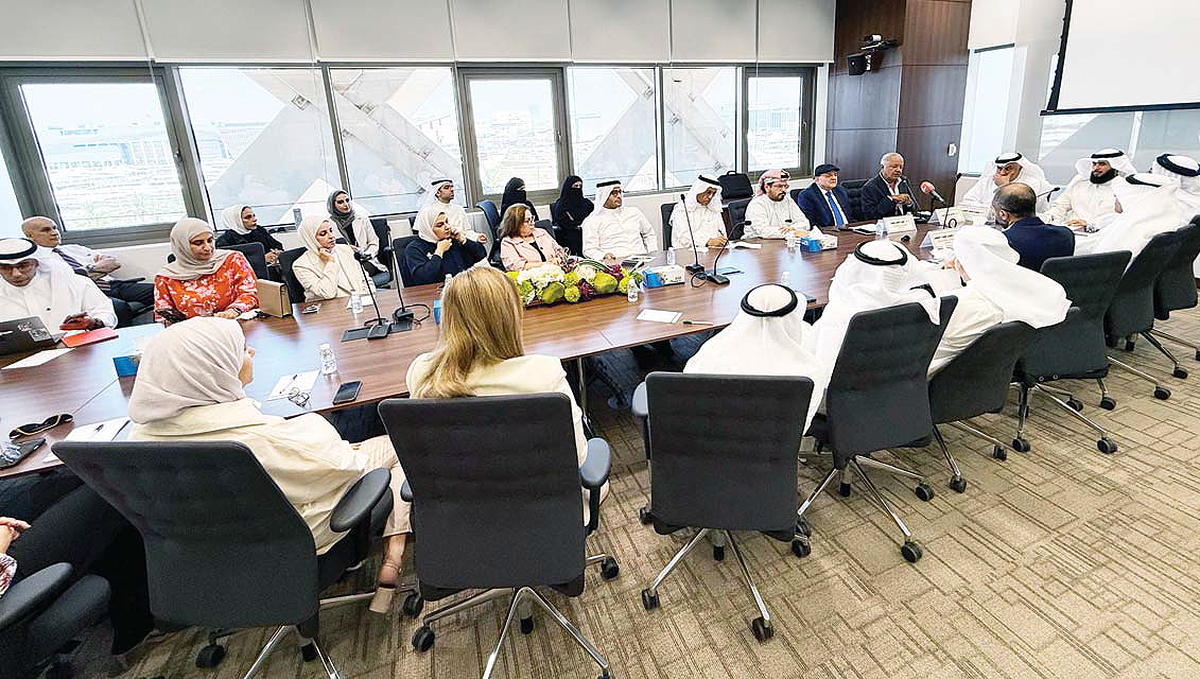17/07/2025
17/07/2025

He added that everyone is going through a new era in the issue of social research, and in how to address the challenges that the Gulf society is facing, such as quantitative research tools and the suffering of researchers in the field of social studies. Dr. Baqer Al-Najjar, a faculty member in the Department of Sociology and Social Work at the College of Social Sciences, addressed the most important problems encountered by the academic staff in countries in the region, which hinder the quality and productivity of scientific research. He revealed that “through qualitative scientific research, I tried to present a clear picture of the condition of social science colleges in Gulf universities. It became clear that there are about 65 social science departments in public and private Gulf universities, and more than 700 professors and faculty members in such colleges, who play a role in formulating policies in some countries, with limited capabilities.”
In a related development, Dr. Othman Al-Khader explained that the process of social studies is not limited to the quantitative or qualitative approach; and that interest in the Arab world in general, and Kuwait University in particular, is directed towards quantitative studies, specifically descriptive studies, with utter negligence of experimental and longitudinal studies, which negatively affect the quality of scientific research. Dr. Ali Watfa, a faculty member in the Department of Educational Foundations at the College of Education, said that an in-depth analysis of quantitative and qualitative issues in the humanities and social sciences must occupy a wide space for discussion in social and educational research; and that the criticisms directed at quantitative approaches are ideological. He also cited the factors that dominate quantitative approaches in Arab research, affirming the authenticity of the qualitative approach in social studies and the ideological dimension in sociological approaches.
Al-Seyassah/Arab Times Staff


